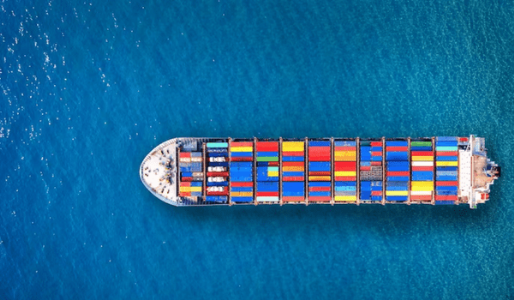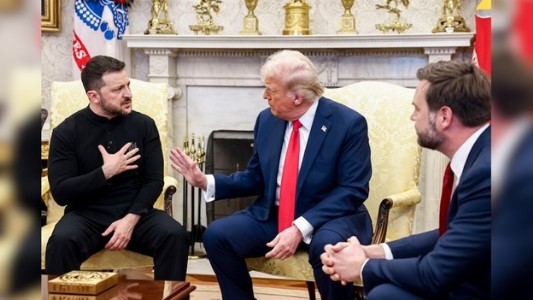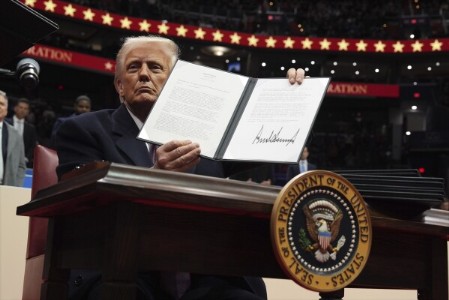ISIL-K threatens to attack Indian Embassy in Kabul
The revelations were made in a report by UN Secretary-General Antonio Guterres on the threat posed by ISIL.
Total Views | 80
Kabul, Feb 10 The ISIL-K have threatened to launch terrorist attacks against the embassies of India, Iran, and China in Afghanistan and by targeting them, the terror group sought to undermine the relationship between the Taliban and the UN member states in the Central and South Asia region, according to a UN report.
The revelations were made in a report by UN Secretary-General Antonio Guterres on the threat posed by ISIL.
“The activities of Islamic State in Iraq and the Levant-Khorasan (ISIL-K) remained a significant terrorist threat in Central and South Asia, and the group retained ambitions to conduct external operations,” the 16th report of the Secretary-General on the threat posed by ISIL (Da’esh) to international peace and security and the range of United Nations efforts in support of member states in countering the threat said here.
The Security Council will on Thursday hold a meeting on 'Threats to international peace and security caused by terrorist acts' during which Under-Secretary-General of the United Nations Office of Counter-Terrorism Vladimir Voronkov will present the report issued last week. The report said that ISIL-K had positioned itself as the “primary rival” to the Taliban and was reportedly set to portray the Taliban as incapable of providing security in the country. “By targeting diplomatic missions, Islamic State in Iraq and the Levant-Khorasan also sought to undermine the relationship between the Taliban and member states in the region,” it said. “The group also threatened to launch terrorist attacks against the embassies of China, India, and the Islamic Republic of Iran in Afghanistan,” the report said. In June last year, India resumed its diplomatic presence in Kabul by deploying a technical team in its embassy in the Afghan capital, over 10 months after it pulled out its officials from the mission following the Taliban's capture of power. The reopening of the embassy took place after an Indian team led by senior Ministry of External Affairs official J.P. Singh had visited Kabul and met acting Foreign Minister Mawlawi Amir Khan Muttaqi and some other members of the Taliban dispensation. The report of the Secretary-General further added that an attack in September last year on the Russian Embassy in Kabul was the first against a diplomatic presence in Afghanistan since the takeover by the Taliban.
In December, ISIL-K claimed attacks against the Embassy of Pakistan and a hotel frequented by Chinese nationals.
“Apart from high-profile attacks, ISIL-K conducted near-daily attacks targeting Shia minorities, which also served to undermine the Taliban’s authority and challenge their nascent security agencies,” the report said. It said that UN member states in the Central and South Asian region estimate the current strength of ISIL-K at between 1,000 and 3,000 fighters, of whom approximately 200 are of Central Asian origin. Other member states believe that these numbers may be as high as 6,000, it said. The group was concentrated primarily in the eastern Kunar, Nangarhar, and Nuristan Provinces, but a large cell remained active in Kabul and its environs. Balkh, one of the most economically developed provinces in the north, is of primary interest to Islamic State in Iraq and the Levant-Khorasan in terms of revenue generation. “One member state reported that the group had started to smuggle narcotics, which would represent a new development,” the report said. ISIL-K media organization Voice of Khorasan released propaganda in Pashto, Persian, Tajik, Uzbek, and Russian with the goal of recruiting from ethnic groups in the region to strengthen the group’s capabilities, the report said. It added that one UN member state noted the cooperation between the Eastern Turkistan Islamic Movement and ISIL-K, even though historically the former had aligned itself with Al-Qaida. According to the member state, such cooperation included jointly published Uighur-language propaganda posters, the exchange of personnel, and military advice, and planned joint operations, such as the Eastern Turkistan Islamic Movement sending members to join the operational unit of Islamic State in Iraq and the Levant-Khorasan responsible for tracking and carrying out attacks against Chinese nationals. In July last year, the two groups reportedly plotted to purchase weapons and conduct terrorist attacks against Chinese targets in Afghanistan. The Syrian branch of the Eastern Turkistan Islamic Movement had actively recruited Chinese nationals from Da’esh in the Syrian Arab Republic, a UN member state said in the report.
Bharati Web
Mes, Pune







